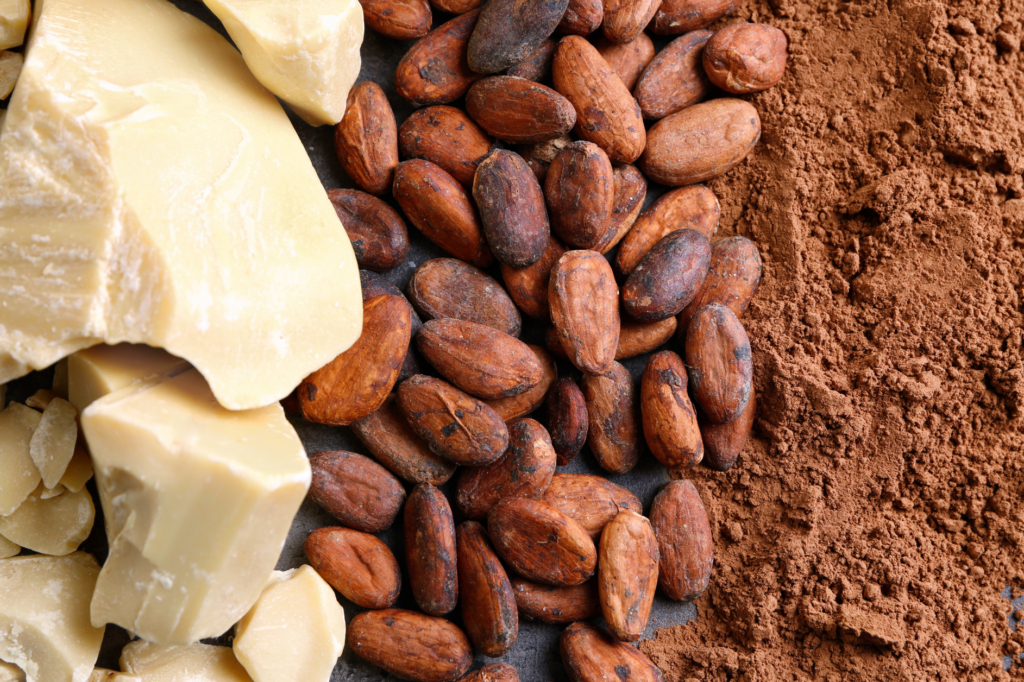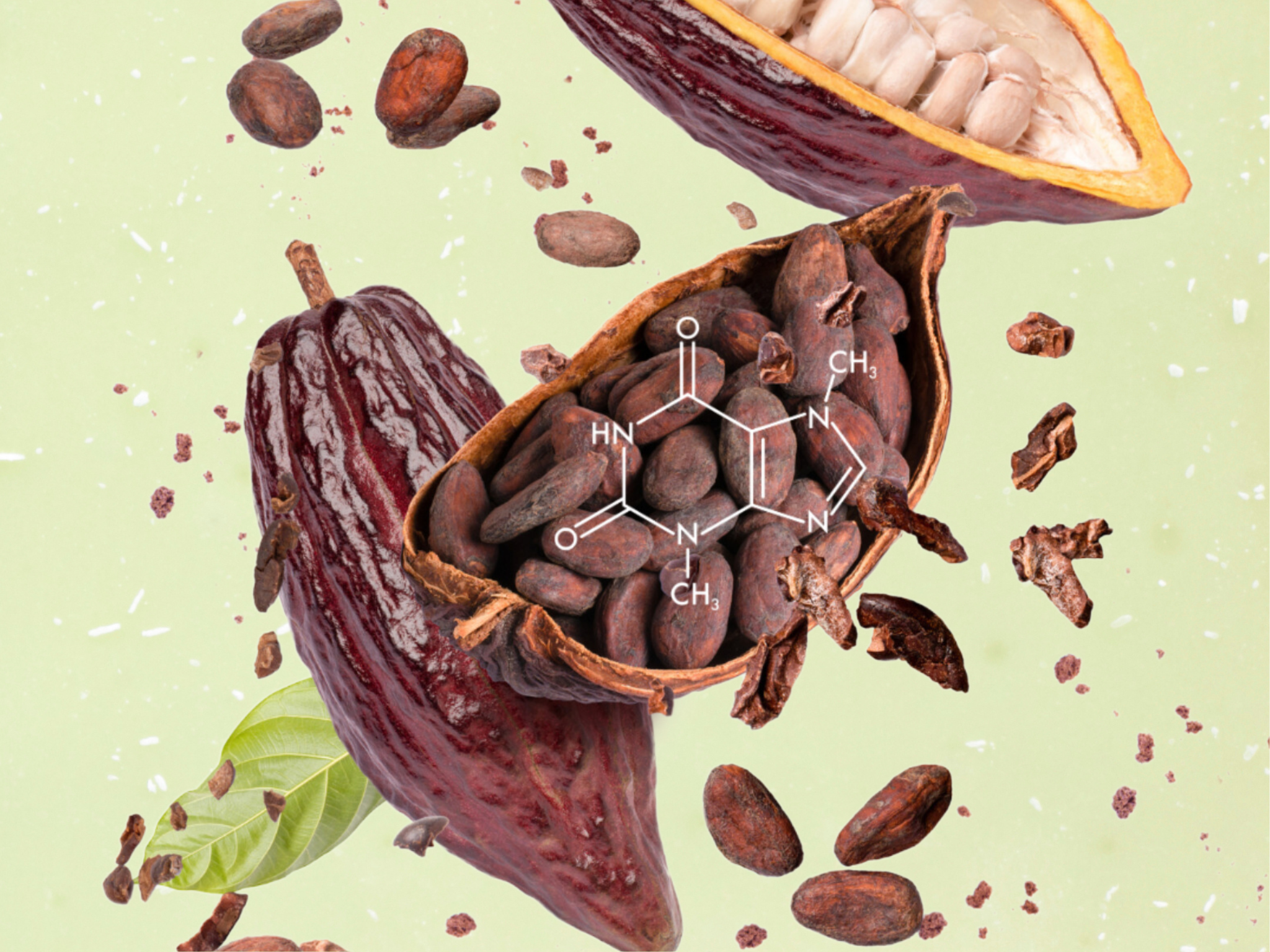Mondelēz Invests in $4.5M Round for AI-Led Cell-Based Cocoa Maker
4 Mins Read
Israeli startup Celleste Bio has raised $4.5M in a new funding round for its cell-based cocoa, with repeat participation from Mondelēz International.
This year has already seen cocoa prices rise to their highest levels ever, as climate change decimates corp harvests in West Africa. The chocolate industry itself exacerbates these effects, thanks to the mass deforestation and carbon emissions associated with it.
Decarbonising how we produce chocolate is critical if we’re to safeguard the industry. It’s the philosophy that drives companies innovating either with alternative ingredients or cellular agriculture, developing chocolate fit for the future.
Israel-based food tech player Celleste Bio is one of these startups. The startup says it marries agtech and biotechnology with artificial intelligence computational models to extract cells from cocoa plants, which are multiplied in bioreactors to produce the same amount of cocoa butter and powder from one or two beans that traditionally calls for four tonnes of cocoa pods.
To supercharge its efforts, the firm has just closed a $4.5M seed funding round led by Supply Change Capital, with participation from confectionery giant Mondelēz International (via its SnackFutures Ventures), Consensus Business Group, The Trendlines Group, Barrel Ventures, and Regba Agriculture.

Mondelēz looking to improve climate record?
“Climate change is significantly impacting cocoa supplies, with prices reaching four times their historic highs this year, underscoring the urgent need for sustainable solutions,” said Shayna Harris, co-founder and managing partner at Supply Change Capital.
“As the chocolate industry grows over 10% annually, the supply-demand gap is widening. We see this as a pivotal moment for advancements in cellular agriculture and are proud to support Celleste as it leads the way in pioneering innovative, sustainable cocoa solutions.”
This is Mondelēz’s second investment in Celleste Bio, at a time when its climate commitments have come under increasing scrutiny. Despite having a climate target validated by the Science Based Targets Initiative (SBTi), the company’s goal has been found to be much lower than what’s required to limit global heating to 1.5°C.
Meanwhile, the confectioner only reduced its annual emissions between 2018 and 2022 by 0.7%, much lower than its target of over 20% for this period.
“As one of the world’s largest chocolate producers, we are acutely aware of cocoa supply chain challenges,” said Richie Gray, head of Mondelēz International’s SnackFutures Ventures.
“While still in its early stages, Celleste has great promise as a complementary technology to traditional farming practices. Combining Celleste’s technology with our unmatched capability and expertise will push the boundaries of what’s possible in building the cocoa supply chain of the future,” he added.

Alt-chocolate fills investor appetites
Celleste Bio plans to use the capital to accelerate its R&D efforts, expand infrastructure, and advance the technological capabilities needed to pilot and scale up the production of its cell-based cocoa ingredients.
“This round provides us with the financial and strategic support we need to accelerate product development, scalability and commercial readiness,” said CEO Michal Beressi Golomb.
He added: “Climate change and conventional farming practices are depleting our rainforests, resulting in unprecedented environmental and financial challenges to grow enough cocoa to meet the needs of a $100B – and growing – chocolate industry.”
Nitza Kardish, CEO of The Trendlines Agrifood fund, suggested that Celleste Bio is an example of how the global agrifood system could be rebuilt.
“We have yet to feel the full scope and impact of climate change on how we grow and produce the world’s food supply,” she said. “That is why Trendlines is focused on finding and growing companies like Celleste that are pioneering technologies that can be applied and scaled to many critical crops in the future.”
Celleste Bio is one of only a few startups working with cell-based cocoa. Fellow Israeli player Kokomodo emerged from stealth this summer with $750,000 in funding, starting with a high-value cocoa powder, followed by cocoa butter. California Cultured, meanwhile, is supplying its Flavanol Cocoa Powder to Japanese chocolate giant Meiji, and Finnish food giant Fazer is also exploring cell-based cocoa.
The investment in Celleste Bio came the same week two other alt-chocolate companies secured funding, both for cocoa-free chocolate. Germany’s Planet A Foods brought in $30M in a Series B round, while Denmark’s Endless Food Co announced a deal with 7-Eleven on the back of a €1M raise.



